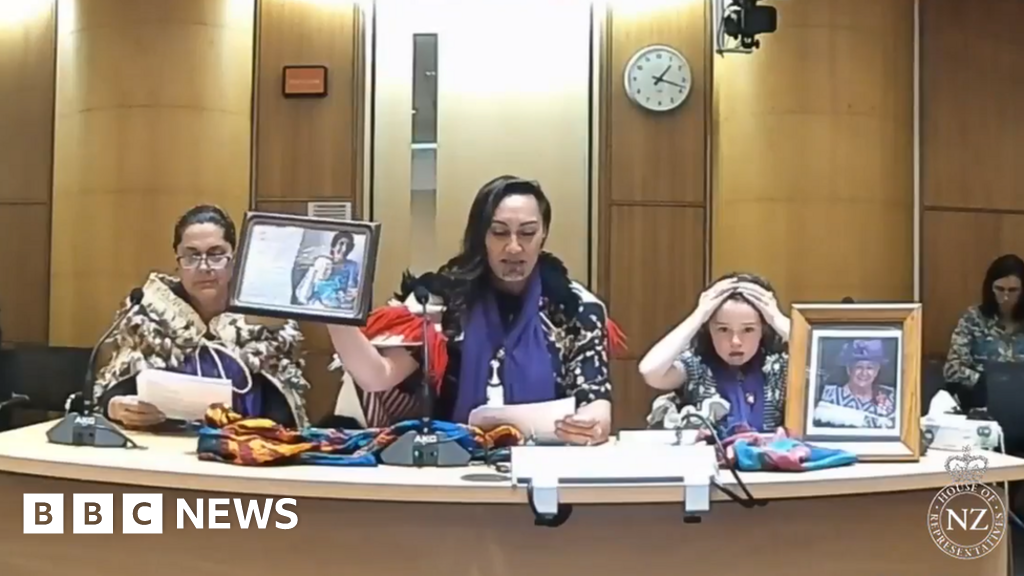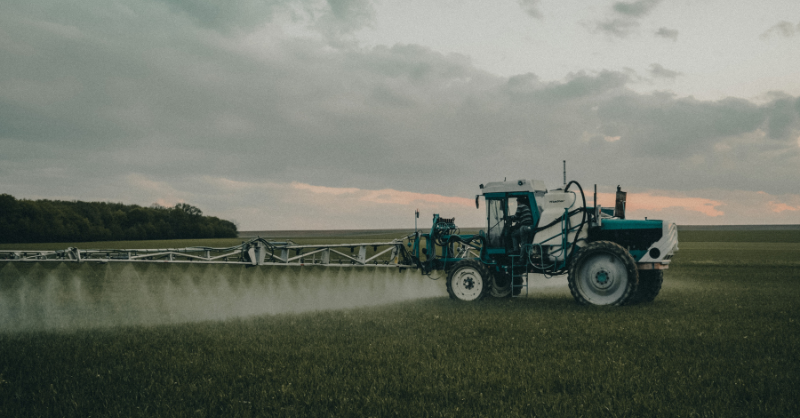
Politicians change their minds
If we are to make regulatory changes permanent, a greater focus is needed on the costs of sustainability related regulation. Yes, we understand the longer term benefits, but every change will create financial losers, and we need to get better at funding the transition periods.
A verbal contract isn't worth the paper it's written on - attributed to Samuel Goldwyn, but probably mis-quoted
Something we are seeing again and again is a sustainability related policy or regulation being proposed to great fanfare, only to be (quietly) scaled back, or even reversed. A global example of this is COP, but we also saw this recently at a more local scale with the reversal of the EU pesticide ban, which we highlighted in a recent What Caught Our Eye.
The aim was a good one - to cut pesticide use in Europe. Research tells us that while pesticides can be useful, they also cause harm to people and the environment. We can make do with less of them.
In this case we suspect that the underlying problem was a mixture of lobbying, and a failure to fully appreciate the challenge from the farmers perspective. If you stand back and look at recent trends, this second problem occurs frequently. We fail to recognise that while sustainability related changes produce long term benefits for society, there are often losers. Or more strictly, there are groups that have to bear the risks and the costs of the change. And when they become vocal, politicians often just backtrack.
In the case of the pesticide ban the group at risk was farmers. We have frequently highlighted that many farmers, even in Western Europe, live financially precarious lives. Many of them earn low incomes, and a bad year can have serious repercussions. Even if we can 'prove' that the proposed change is good for them in the long run, they are often poorly resourced for the transition period, and they often fear (and hence over-state) the costs involved.
One solution is to be more upfront about this, and have a generous financial package of assistance. But that adds to the cost of the proposal, and at a time when budgets are stretched, it's hard to find the money. So it's easier to change course, sometimes cynically justifying it as 'helping the general public cope better with the cost of living crisis' or some other glib sound bit.
The other, more left field option, is to come at the problem in a different way. In the case of pesticides, this might involve food retailers (supermarkets etc) working with (ie financially supporting) the farmers in their supply chains. With the right 'messaging' and support, it could be a win/win.
A shorter version of this blog was previously published as a What Caught Our Eye story. If you sign up (yes, it's free) you can get this, and all of our blogs, delivered straight to your inbox.

The details
EU reverses proposed pesticide ban - the beginning of a future trend?
Sustainability transitions create financial winners and losers, and if we don't make it attractive for the losers to adapt, they can block change.
The European Parliament has outright rejected a proposal on the EU’s pesticide reduction plan, effectively killing off the regulation, at least for now. The move has disappointed green groups but was celebrated by EU farmer associations. The sustainable use of pesticides regulation (SUR), which was part of the EU’s flagship Farm to Fork strategy, aimed to slash the use and risk of pesticides in half by 2030. But, it's been heavily contested right from the start. And, after months of effort, the European Parliament ultimately voted to reject the text entirely.

We flagged reports that suggested this was a possible outcome back in August, when watering down looked the most likely scenario. But the scale of the amendments proposed meant that the core provisions of the SUR were effectively gutted. So, in the end, even the Green's could not support the amended text. Green MEP Sarah Wiener said that the resulting text was “not one we could in good conscience vote for”.
Farmers groups have opposed the move from the start, and the EU farmers’ association COPA-COGECA welcomed the vote result, saying “With [this rejection], MEPs sent a decisive message: the lack of dialogue, the imposition of objectives from above, the refusal to assess the impact and the lack of funding for agricultural proposals must end now” (our emphasis).
At this stage it's not clear if the European Union executive will withdraw the proposal entirely, or if they will have another try. The obvious concern among green group's is that this reversal is, if not permanent, then at the minimum a major setback.
The good news is that social pressure for change is slowly rising, and many people on both sides of the debate recognise that change is needed. The next attempt will probably need a bigger package of assistance for farmers, plus support for more sustainable alternatives. Someone needs to pay the necessary cost for implementation, and many farmers are currently poorly placed financially to take another hit to incomes.
This is part of a wider trend
Regulars followers of sustainability related regulation will have noted that such setbacks have been more frequent recently. Part of this comes from tougher economic times. When money is tight, priorities change.
And yes, some of it is political, such as the recent decision by the new 'right of centre' New Zealand government to reverse the smoking ban, enacted by the previous 'left leaning' Labour government. This is a move where the benefits were material (especially to disadvantaged Maori and Pacific Island communities), and the group negatively impacted is small, but it went down well on 'talkback radio'.

How can we make sustainability regulatory changes stick?
Our view is that if we are to make regulatory changes permanent, a greater focus is needed on the costs of sustainability related regulation. Yes, we understand the longer term benefits, but every change will create financial losers, and we need to get better at funding the transition periods.
While some of this funding will come from governments, we argue that Sustainability Professionals and Investors also have a role to play. For this to work we need to think about solutions that positively create long term financial value.
One example that we wrote about recently was coffee and deforestation. Investing in the farmers and their production processes can benefit everyone in the supply chain. As we said in the blog ...
If the coffee industry is going to continue to prosper, we need to find solutions. These must include finding the capital needed for investment, which in turn could assist in providing farmers with a living wage. Collaboration will be key, with a role for governments, companies and NGO's. In this sense coffee is a microcosm of the issues faced by the wider agricultural industry, and solutions developed here could be applied across other commodities.
Looking more widely, one part of the solution in agriculture and natural capital will be precision ag. Some of the big wins in agriculture will come from changing livestock farming and rice production, but outside of this “just” producing the same or more food using less inputs also has an important role to play. Which is where precision ag comes in, targeting the resources where they are needed. But, as with phasing out pesticides, precision ag needs up front capital. The good news is that precision ag 'as a service' could be a model that allows investors to support the transition, and earn a fair financial return.

And to leave you with one last thought.
If getting countries to cut oil and gas production isn't working, maybe we should shift some of our efforts to funding the technologies that would make fossil fuels redundant. But, if we do, lets follow the American IRA model, rather than the European approach.

Something a little more bespoke?
Get in touch if there is a particular topic you would like us to write on. Just for you.
Contact us
Please read: important legal stuff.



